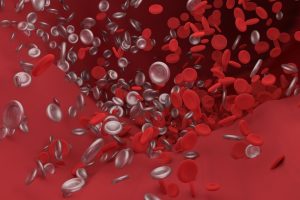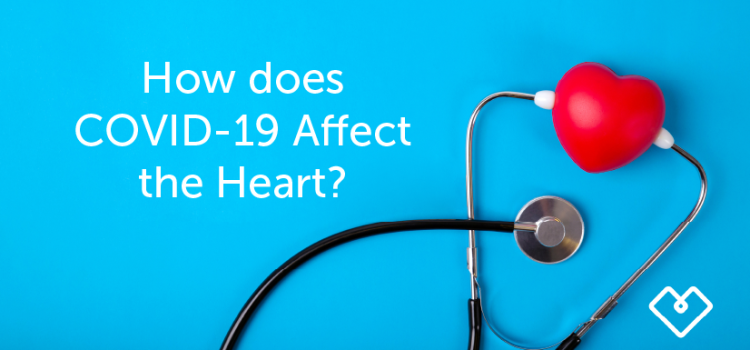
The Heart’s Battle: COVID-19’s Impact on Cardiac Function
Introduction:
With a distinguished career as an epidemiologist and public health expert, my commitment has always been to shed light on critical health issues. Today, we embark on a vital journey – understanding COVID-19’s impact on cardiac function. In this article, we will explore the intricacies of this impact, recognize associated risks, and gain essential insights to safeguard your heart during these challenging times.
Revealing COVID-19’s Influence on Cardiac Function
Beyond Respiratory: COVID-19’s Reach to the Heart
While COVID-19 is primarily associated with respiratory symptoms, it extends its grasp to the heart. The virus can trigger an array of cardiac complications, encompassing myocarditis (inflammation of the heart muscle), arrhythmias (irregular heart rhythms), and the formation of intracardiac blood clots.
Inflammation’s Role in Cardiac Damage
COVID-19-induced inflammation emerges as a central player in heart damage. This inflammation can weaken the heart muscle, impair its pumping capacity, and elevate the risk of heart failure. Additionally, the virus can directly infect heart cells, compounding the damage.
Blood Clots and their Consequences
COVID-19’s influence further extends to the formation of blood clots, posing additional threats to cardiac health. These clots can obstruct blood vessels, leading to heart attacks and strokes. Furthermore, they can contribute to pulmonary embolism, a life-threatening condition where clots block arteries in the lungs.

Dr. Camara Phyllis Jones on Safeguarding Heart Health
Recognizing and Mitigating Risks
Dr. Camara Phyllis Jones underscores the importance of recognizing the risks associated with COVID-19 and heart health. “COVID-19 does not discriminate,” she emphasizes. “It can affect individuals of all backgrounds and ages. It’s essential to be aware of the potential cardiac complications and take proactive measures.”
Preventive Measures and Protection
In the battle against COVID-19 and its cardiac effects, Dr. Jones advocates for preventive actions. “Wearing masks, practicing social distancing, and receiving vaccinations are crucial steps to mitigate the risk of infection,” she advises. “Furthermore, individuals with preexisting heart conditions should exercise extra caution and prioritize their health.”
Key Takeaways
Let’s encapsulate the critical information:
COVID-19’s Impact on Cardiac Function
| Cardiac Complications | Inflammation and Heart Damage | Blood Clots |
|---|---|---|
| Myocarditis | Weakening of the Heart Muscle | Risk of Heart Attacks |
| Arrhythmias | Direct Infection of Heart Cells | Risk of Strokes |
| Blood Clot Formation | Heart Failure Risk | Pulmonary Embolism Risk |
Safeguarding Your Heart Health During COVID-19
| Risk Awareness | Precautions | Prioritizing Heart Health |
|---|---|---|
| Be Informed | Wear Masks | Manage Preexisting Conditions |
| Recognize the Risks | Practice Social Distancing | Regular Exercise and Diet |
| Follow Health Guidelines | Get Vaccinated | Stress Management |
Conclusion
In the intricate battle against COVID-19, understanding its profound impact on cardiac function is of paramount importance. The virus’s reach beyond the lungs underscores the significance of prevention and risk awareness.
Dr. Camara Phyllis Jones, with her extensive expertise in epidemiology and public health, reminds us that knowledge is our most potent weapon in these trying times. By unveiling the multifaceted effects of COVID-19 on cardiac function and embracing proactive measures to protect our cardiovascular well-being, we can navigate these challenging times with resilience and determination.










